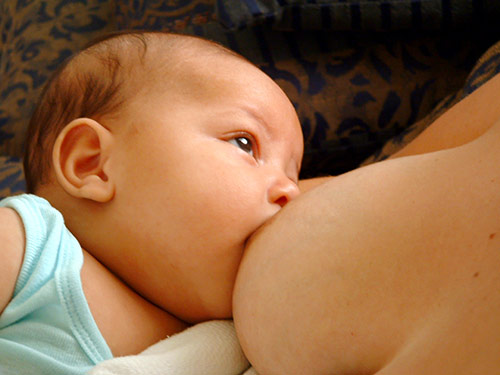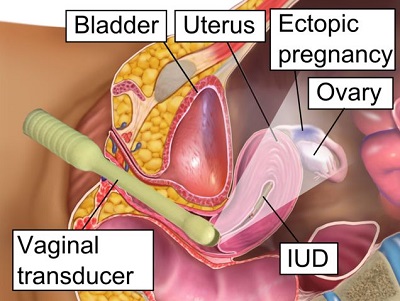Many women are curious about the potential benefits that prenatal vitamins have on a women trying to get pregnant.
Prenatal vitamins are important for supplying women with the nutrients critical to conceiving and carrying a healthy baby. Since normal dietary habits are sometimes not enough to maintain the heightened amount of nutrients needed for pregnancies, sometimes prenatal vitamins are the best option for ensuring that you are getting all of the nutrients you need.
Taking prenatal vitamins, in addition to maintaining a well-balanced diet, is a great way to make sure that you’re conception and pregnancy goes as smoothly as possible for the development and health of both the baby and mother.
Disclaimer: This post might contain affiliate links. In case you buy through these links, we may earn a small commission. Click here to learn more
How Prenatal Vitamins Can Help You
Folic Acid
Folic acid is important for conception, serving as an essential aspect of fetal development immediately following conception. It’s crucial for women to make sure they are receiving enough folic acid in their diet in order to maintain a healthy pregnancy, especially in the early stages. The best way to ensure this is to insert folic acid into your diet before you conceive if you are planning on getting pregnant. The benefits of folic acid range from preventing neural tube defects in the fetus in order to foster the baby’s brain and spine health to supporting rapid cell production throughout pregnancy. Prenatal vitamins can help provide a needed amount of folic acid.
Iron
Iron is an important nutrient that makes hemoglobin, which is essential for supplying oxygen to the blood to prevent anemia and reduce the risk of premature and small babies. Iron needs during pregnancy are especially high, which is why it’s important to ensure that your diet already includes the right amount of it. It is highly recommended to take iron through a pregnancy, as it is vital for the skeletal and developmental growth of the fetus. Since the amount of iron needed for a pregnant woman can be difficult to acquire through a food diet alone, it is suggested that pregnant women take prenatal supplements that contain the necessary intake of iron.
Calcium
Calcium is another crucial nutrient to fostering a healthy baby. Calcium helps build the baby’s bones and teeth, and additionally helps maintain the strength of the mother’s bones as well throughout pregnancy. Prenatal supplements are great for adding calcium to the diet during pregnancy because they typically contain more amounts of calcium than multivitamins provide. Prenatal vitamins also provide vitamin D, which is necessary for efficient calcium absorption.
Why Take Prenatal Vitamins?
Prenatal vitamins are effective ways of making sure that your baby has a healthy start. While a mother may think she is getting the necessary nutrients through food diets alone, that may not always be the case, and prenatal vitamins can help add to that. There have been plenty of studies and tests that indicate a link between taking prenatal vitamins and a reduction in certain birth defects in newborn infants, and while taking prenatal vitamins does not guarantee good health, it is certainly a great stepping stone towards it.
Although prenatal vitamins are an excellent way to supplement your diet, it is important to remember not to rely on them alone. Women who are pregnant or are looking to become pregnant should always maintain a well-balanced diet that is nutrient rich. Continue to add in important nutrients to your everyday foods so that you are getting the maximum necessary amount needed to maintain a healthy pregnancy and baby. Prenatal vitamins can help include benefits from vitamin B12, iron, zinc, and vitamin D.
There are many different kinds of nutrients you can get from prenatal vitamins. Zinc is necessary for cell division and boosting the immune system. Vitamin C helps aid growth and repair due to its ability to make collagen in the tissues. Vitamin B-6 helps supply energy, produce red blood cells, and aid in the synthesis of DNA. All of these nutrients are essential for pregnancies in helping to ensure the health of the baby. The inclusion of prenatal vitamins before conception is a great way for providing the mother-to-be with the critical nutrients needed to foster a healthy and successful pregnancy.




